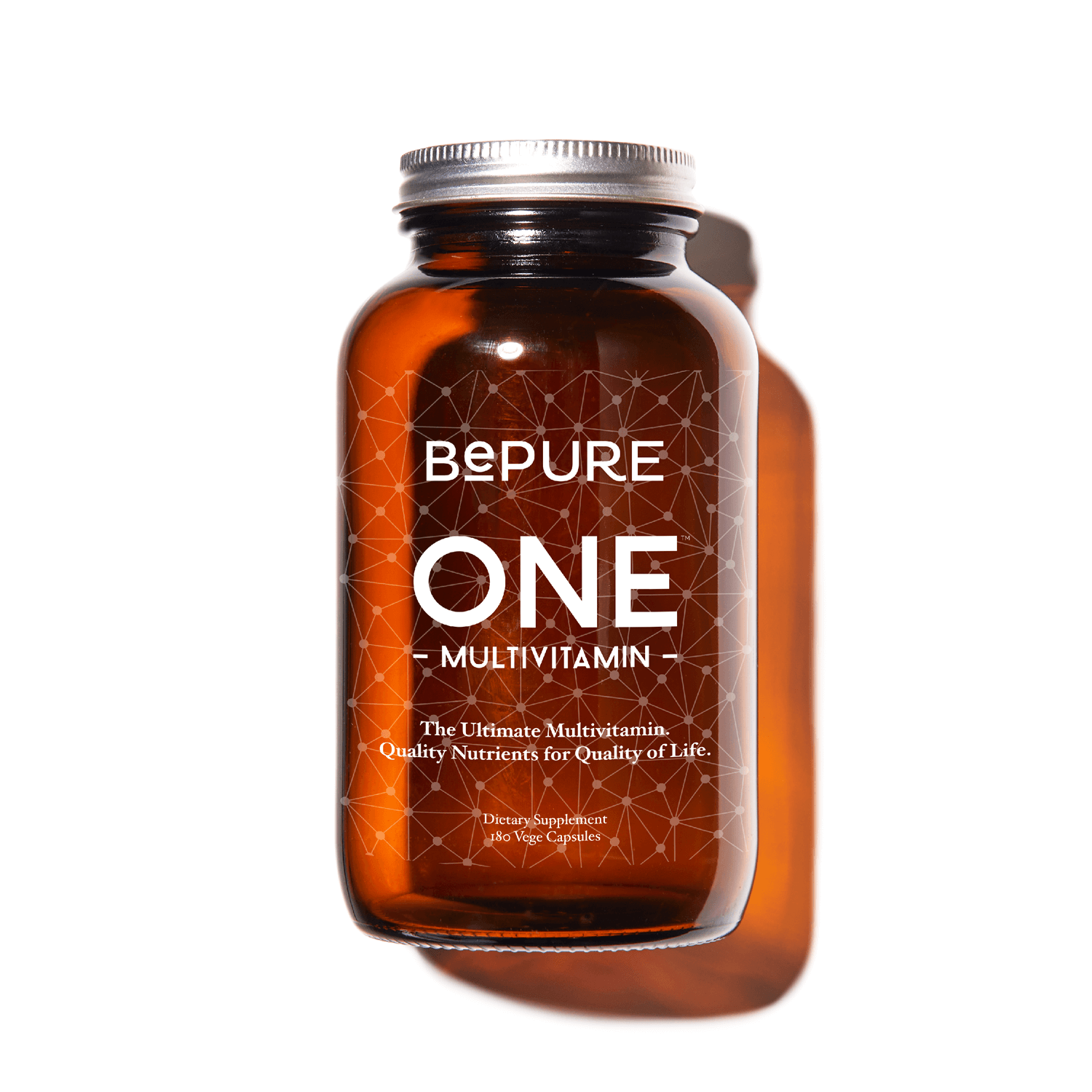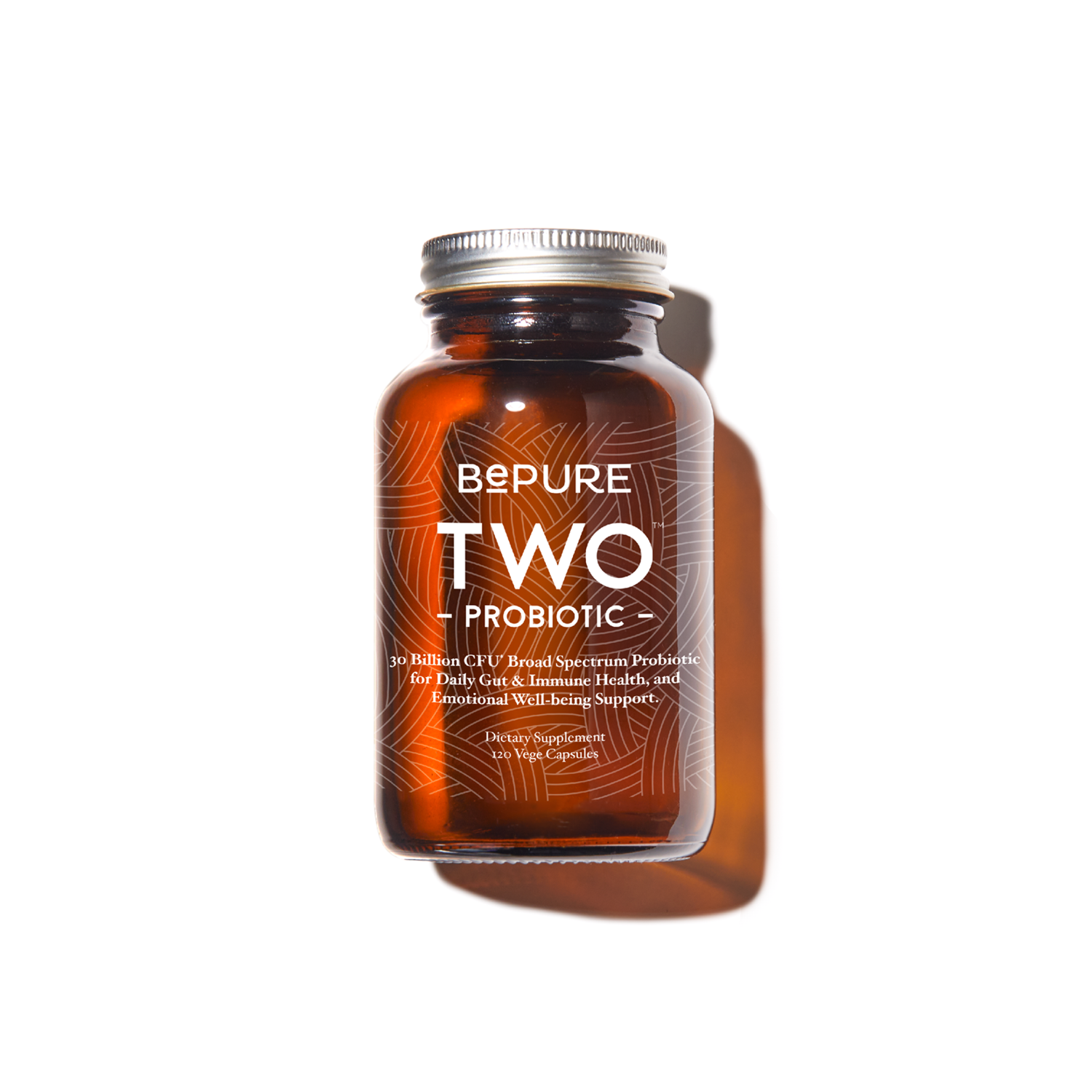Our bodies produce 22 unique enzymes that break down foods. These are found in the mouth, stomach and intestines.
In this article, we will explore:
- What digestive enzymes are
- How they work together
- Signs you're lacking in digestive enzymes
- Why you're lacking in digestive enzymes
- How to support their production and function
What are digestive enzymes?
Digestive enzymes play a crucial role in gut health, functioning as catalysts which speed up biochemical reactions. Essentially, they enable the break down of food so that nutrients can be absorbed into the bloodstream.
Specifically, enzymes break down large-chain molecules into smaller chain molecules. For example, proteins are large, complex chain molecules that get broken down into amino acids, which are short chain molecules.
Digestive enzymes can be found in the saliva in our mouths, the hydrochloric acid in our stomachs, and pancreatic enzymes in our intestinal juices.
How digestive enzymes work together:
- The digestion process actually begins in the mouth, when we chew our food and mix it with saliva. The enzymes present in our saliva start the process of breaking down our food, in particular carbohydrates.
- From there, your food travels down to your stomach, where it mixes with our stomach acid/hydrochloric acid, which works to break down proteins.
- The food mixed with acid then moves into the small intestine, which stimulates the release of intestinal juice containing pancreatic enzymes (where the majority of digestive enzymes are made), bicarbonate soda (to neutralize the acid from your stomach), and bile. This intestinal juice mixes with the food, and the enzymes work together to break down the food. This allows nutrients to be absorbed into the bloodstream through the small and large intestines.
If you are lacking in digestive enzymes you may experience the following:
- Bloating
- Indigestion/Acid reflux
- Constipation
- IBS
- Diarrhea
- Impaired absorption of some nutrients
- Stomach pain or nausea after eating
Why could you be lacking in digestive enzymes?
Unfortunately, due to poor diet choices, nutritional deficiencies such as zinc deficiency, and the process of ageing, many people are not naturally producing the optimal level of digestive enzymes required for healthy digestion.
How can you support digestive enzyme production through diet?
- Zinc promotes hydrochloric acid production in the stomach. Oysters are the number one source of zinc. You can also find zinc in raw milk, lamb, maple syrup, sesame seeds, pumpkin seeds, and beef.
- Vitamin D. Our pancreatic enzymes are vitamin D dependent. Increasing vitamin D in your diet supports enzyme production in the pancreas. The fat-soluble vitamin is found in oily fish like sardines, cod liver oil, lard, pork fat, salmon, and mushrooms for a non-animal active form of Vitamin D2.
- As we get older, our body isn’t able to produce as many enzymes as it did when we were younger. This means that as we get older, our digestion tends to struggle.
- Bitters. In the modern diet, we don’t eat enough bitters. A ‘bitter’ taste or ‘yuck’ factor is what stimulates bitter mouth receptors, having a positive reflex response in the digestive system. The bitter taste bud stimulation promotes the release of the gastrointestinal hormone gastrin.
- Gastrin leads to better stomach, pancreatic, and intestinal juice production, liver and bile flow. If you experience nausea or bloating after eating, bitters could be useful to optimise your gut health.
- These herbs are good sources of bitters: dandelion root, gentian, wormwood, goldenseal, and milk thistle.
What Next?
- Start the day with lemon and water to prep your gut for its first meal.
- Add more Zinc to your diet: this promotes the production of hydrochloric acid.
- Vary your diet: Add in more bitter foods, and vitamin D-rich foods to boost enzyme production.
- Try a digestive enzyme like Digest Assist before each meal to introduce more acids and enzymes in concentrated form.



